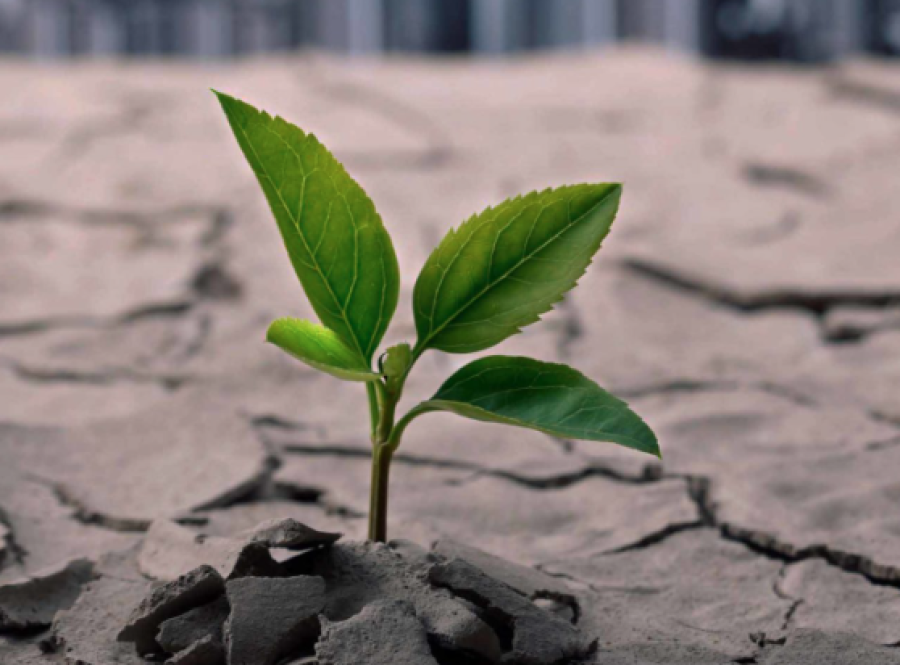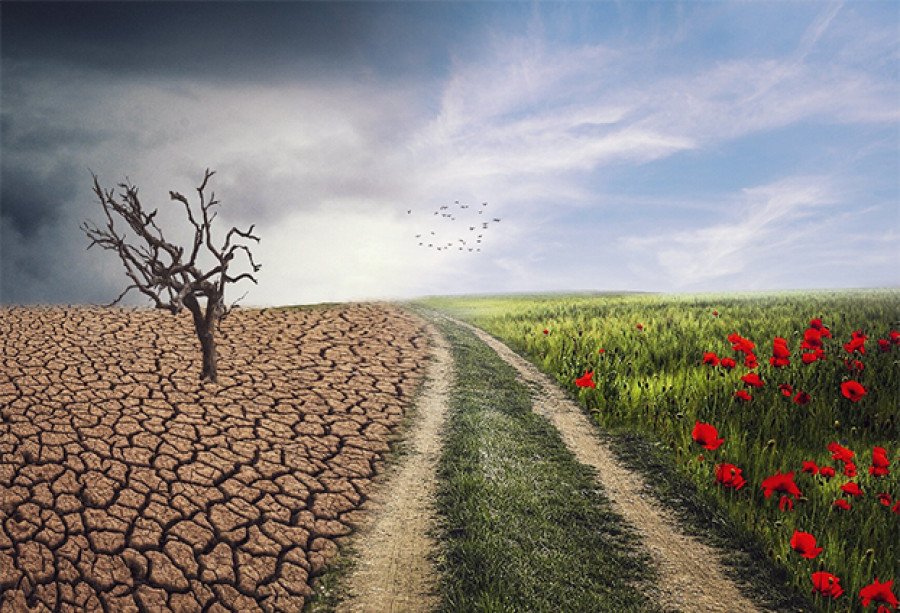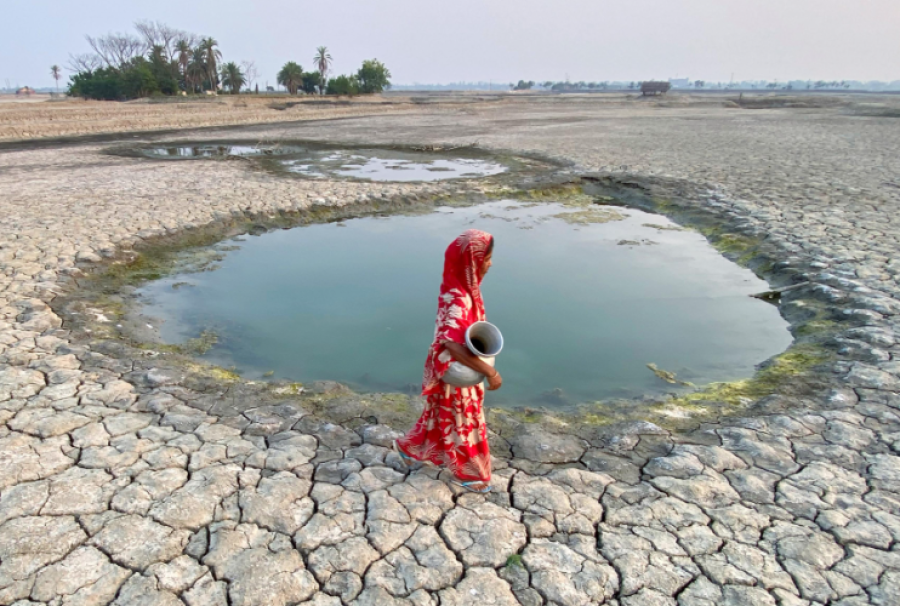While climate change affects everyone, its impacts are disproportionately felt by vulnerable communities around the world. From small island nations facing the threat of inundation due to rising sea levels to indigenous peoples experiencing the loss of traditional lands and resources, marginalized groups are often on the frontline of climate change.
In many cases, these communities contribute the least to global greenhouse gas emissions but bear the brunt of the consequences. For example, low-income neighborhoods in urban areas are more susceptible to heat waves and air pollution, exacerbating existing health disparities. Similarly, rural communities reliant on agriculture are vulnerable to changes in precipitation patterns and extreme weather events, jeopardizing food security and livelihoods.
Addressing the human cost of climate change requires not only reducing emissions and mitigating environmental impacts but also prioritizing equity and social justice. This includes ensuring that vulnerable communities have access to resources and support systems to adapt to changing conditions, as well as amplifying their voices in decision-making processes.
As we confront the challenges of climate change, it is imperative that we prioritize the needs of those most affected and work towards solutions that are inclusive, equitable, and sustainable.







